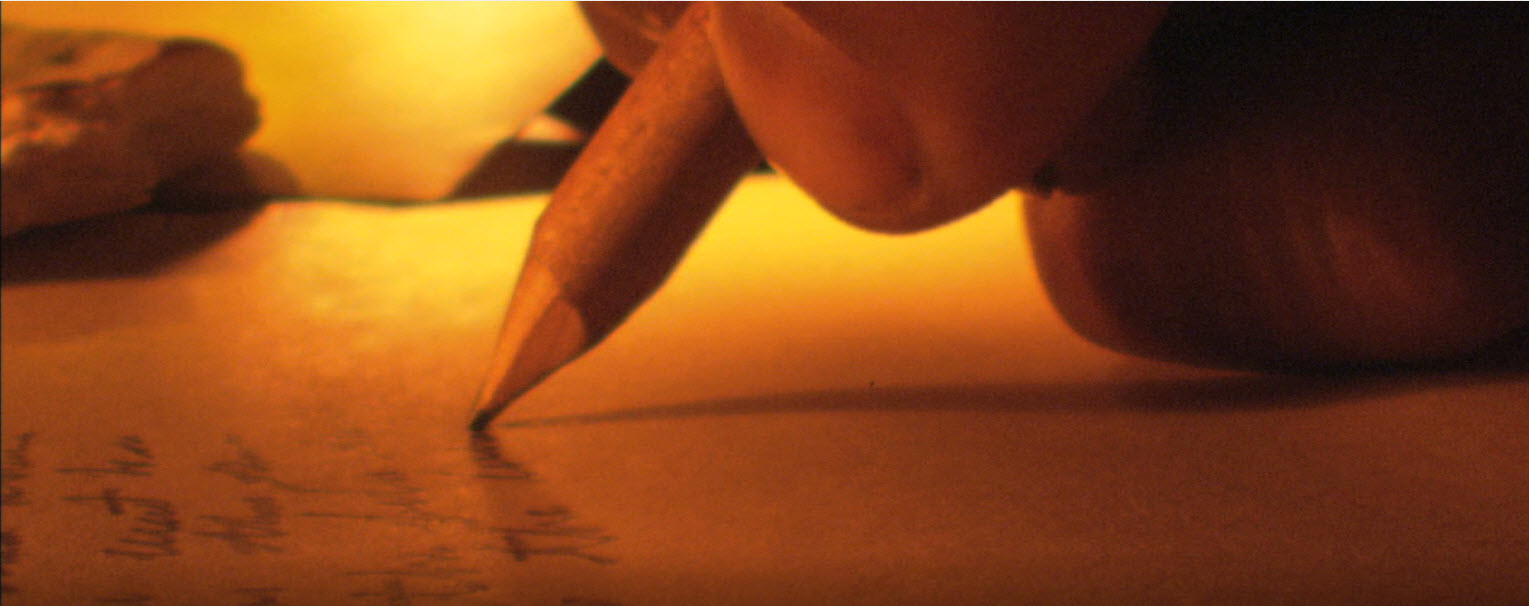T120411084311
1 Become the [1]observer. To become the observer, all that is needed is to learn the meditative process, where you learn to detach from your conscious mind and be led by your subconscious mind.
2 As you are led by your subconscious mind, you become the observer. Becoming the observer is never attained by your conscious mind because through the conscious mind, you are the actor. You see? You are always the actor through your conscious mind.
3 Through the subconscious mind is how you become the observer. See, for instance, your physical body, and as the observer, see how it manifests. Notice how the physical body has nothing to do with you but is an extension—an attachment (a mechanical instrument for you to manifest) with nerve endings attached to your conscious mind to make it all work in unison as the conscious mind experiences firsthand everything that is given.
4 As the observer, you interpret and understand the process of how things work. See the conscious mind as having a broken finger: How many times have you ever had a broken finger, or painful cut, inflammation, or a bruise to that finger, and every time you touch something with that finger, it hurts. See how it is?
5 If that finger wouldn’t be hurt, you would be living in perfect harmony with your body, and you would not even be paying attention to how many times that finger touches a surface.
6 That’s the observer: The one who pays close attention to everything that happens without becoming the actor. Notice the great difference and work with it.
7 Another example to the observer is people who claim that whenever they seek spiritual enlightenment, they seem to be confronted with adverse events as if something or someone would be persuading them not to follow the path.
8 Then you have those who claim that as they become more spiritual, they become aware of everything around them. Everything is beautiful and good.
9 It is not that good or bad things happen when you achieve spiritual enlightenment. It’s that you are paying more attention to those details, like in the case of your broken finger.
10 As you pay more attention to the details, the good and the adverse creates an experience: You give it form and judge upon it, defining it as good or bad—which is none other than either a higher level of consciousness or higher level of distraction. Nothing changes except your attitude, behavior, and what you attract. You see?
11 There is a spiritual path paradox: While in the spiritual path, you attract the goodness in people, and you are more conscious about it; therefore, an attraction takes place.
12 On the other hand, if you are deluded in the idea that bad things will happen, of course, you will attract those from the negative side because you vibrate at a higher conscious level, and you perceive and attract more of your fears or pleasures. You see?
13 Life is all about balance, and balance is something within you at all times. When you are out of balance, things start not going through the path they should go. It is not good or bad… it’s just an imbalance.
14 Those who promote “bad” things attract the negative and harmonize with the negative. But since the negative has its counterpart, which is the positive, that in itself helps to create a rebalance.
15 While on the “good side,” negative influences are something you have to deal with. And is the way you react to those negative thoughts that you create an unbalance. You see?
16 Both the positive and negative have to deal with the unbalance of things. And becoming neutral stalls what needs to be in movement. So, the battle within is—How still can you be without stalling the process?
End of Transcript T120411084311
Annotations
[1] Becoming the observer is your ability to distance yourself from your known identity as (your name goes here) and bring forward your true spiritual identity from your subconscious to your conscious mind—not as the actor, but the observer of your surroundings.

